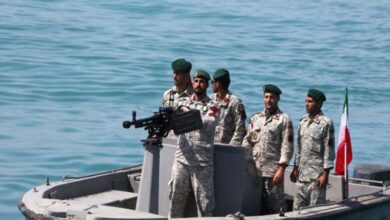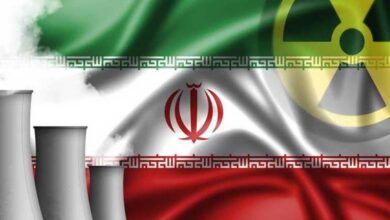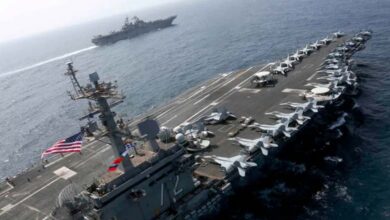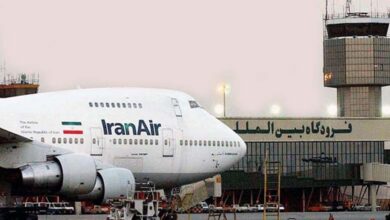Secret Means: Iran Uses Ghost Companies to Transport Oil and Goods to Counter Western Sanctions
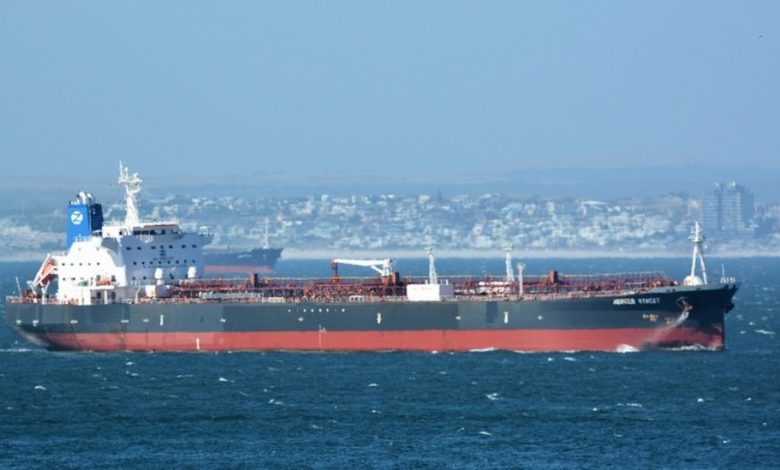
While Iranian ships face a ban from international ports, the government-owned shipping company imposes additional fees on the government to hire foreign companies for transportation, in an attempt to evade strict international sanctions.
Some documents have revealed that Iran is using foreign transport companies, some of which are clandestinely working with the government.
Masoud Daneshmand, a member of the Board of Directors of the Transportation Institutions Center, stated to the Iranian Labor News Agency that the main portion of the shipping company’s income is not derived from cargo shipments, but from mediating deals for transporting goods between the two countries, government and foreign shipping companies.
Stringent International Sanctions
Daneshmand did not explain why the government does not directly contract with foreign companies and keep a $10 difference in its coffers, but the sanctions are considered the main reason, as reported by some local Iranian media outlets.
Daneshmand affirmed that ports around the world must obtain permission from the US Office of Foreign Asset Control (OFAC) to host Iranian ships, and he pointed out that most Iranian cargo ships are subject to sanctions and, as a result, are inactive.
He added, “If a port does not obtain permission from the OFAC, it will be subject to secondary sanctions,” claiming that some countries such as China, India, and South Africa have obtained licenses to accept Iranian ships, but the permits are limited to only a few private government ports, and they cannot dock in all ports.
Secret Means
The opposition Iranian network “Iran International” reported that Tehran continues to ship oil and petroleum products despite US sanctions imposed on China and other buyers since 2018, using secret means, as third parties involved in sanction violations are subject to US punitive measures.
According to reports from tanker tracking companies, oil exports’ revenue remains the largest single source of income for the regime. Iran employs a fleet of oil tankers known as the “Ghost Fleet” to transport its crude oil from the country’s ports to open seas. The tankers then shut down their transceiver equipment to conceal their location. Within two days, the oil barrels are loaded onto other ships and subsequently shipped to final buyers.
In March, the United States imposed new sanctions on shipping and petrochemical companies associated with Iran, including two shipping companies based in China.
These sanctions were issued under a US executive order in 2018 that reinstated sanctions targeting Iran’s oil, banking, and transportation sectors.
In 2019, the Office of Foreign Asset Control (OFAC) issued an advisory to alert the global shipping community involved in shipping petroleum or petroleum products from Iran. “These shipments create significant sanctions risks for entities and individuals in the shipping industry, including shipping companies, vessel owners, managers, operators, insurance companies, and financial institutions,” the advisory stated.


